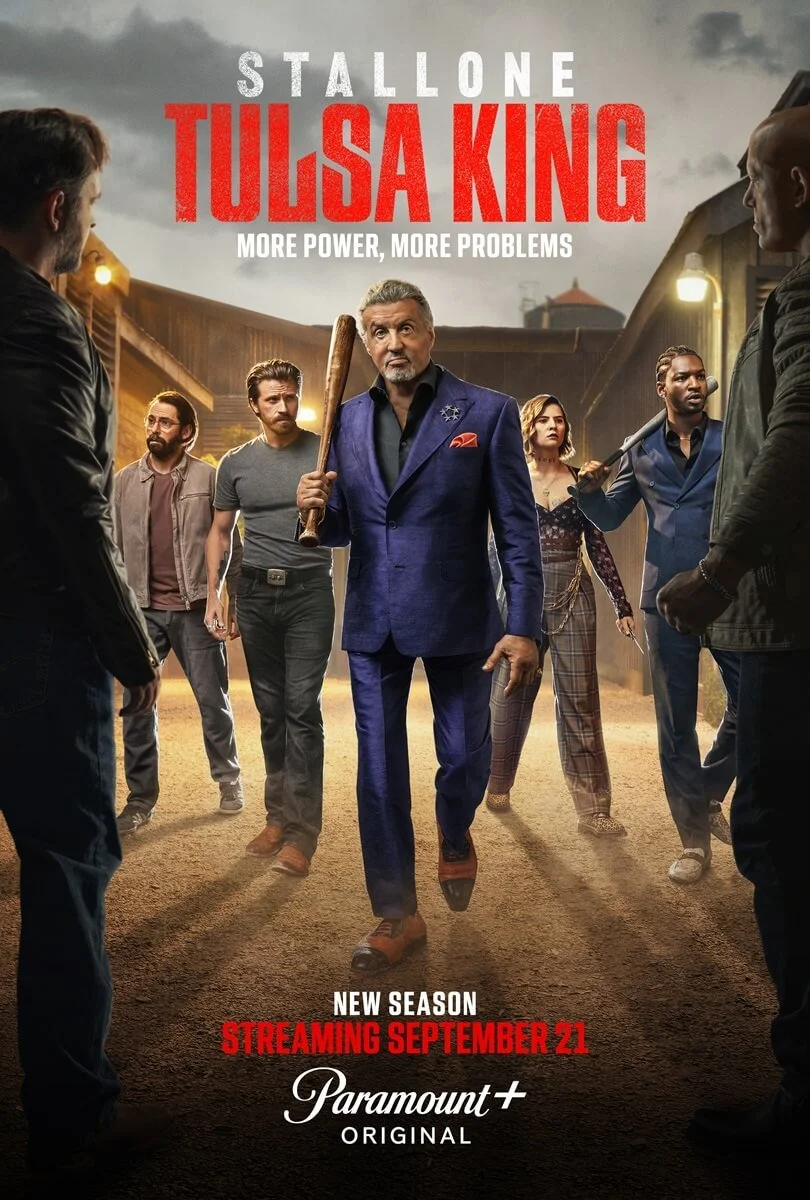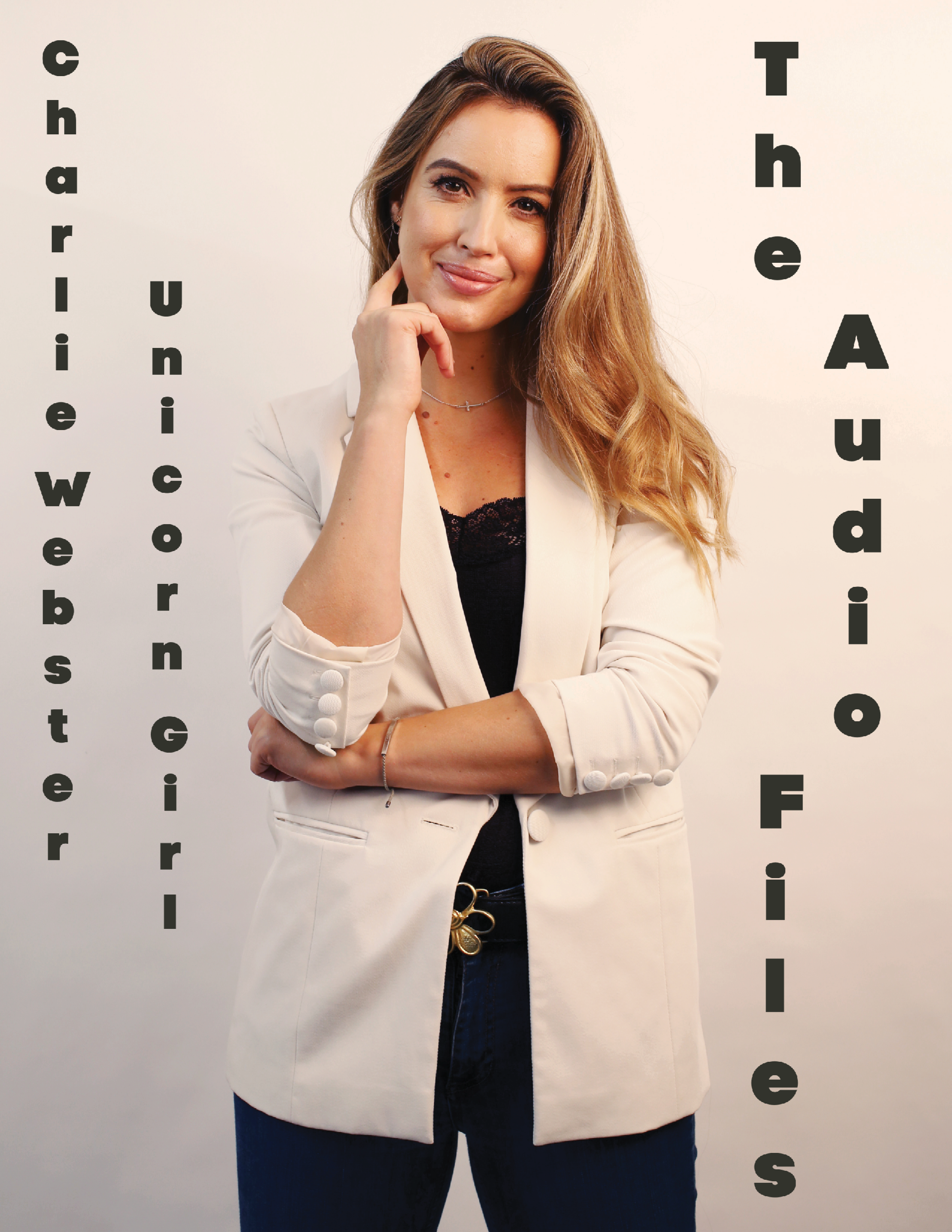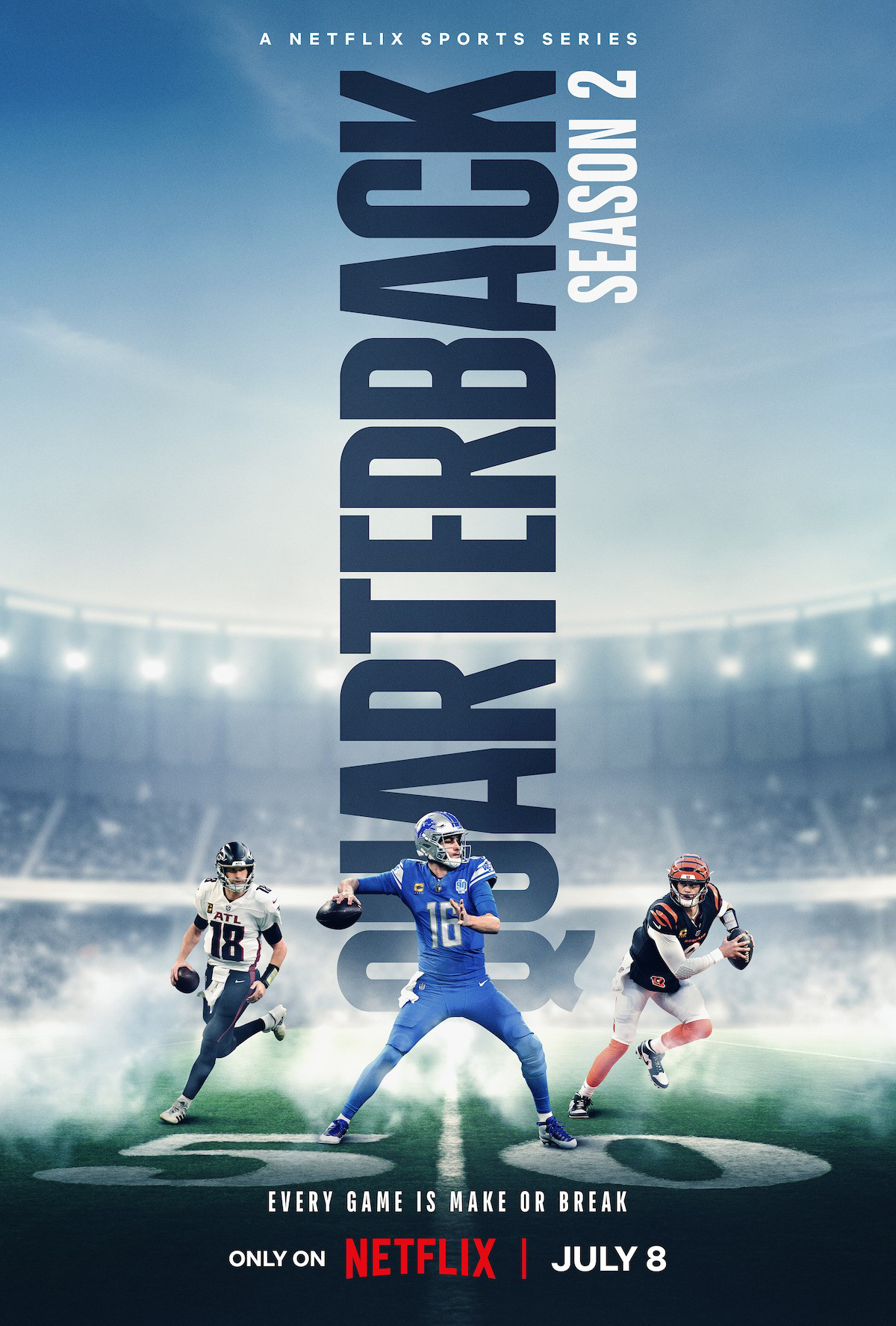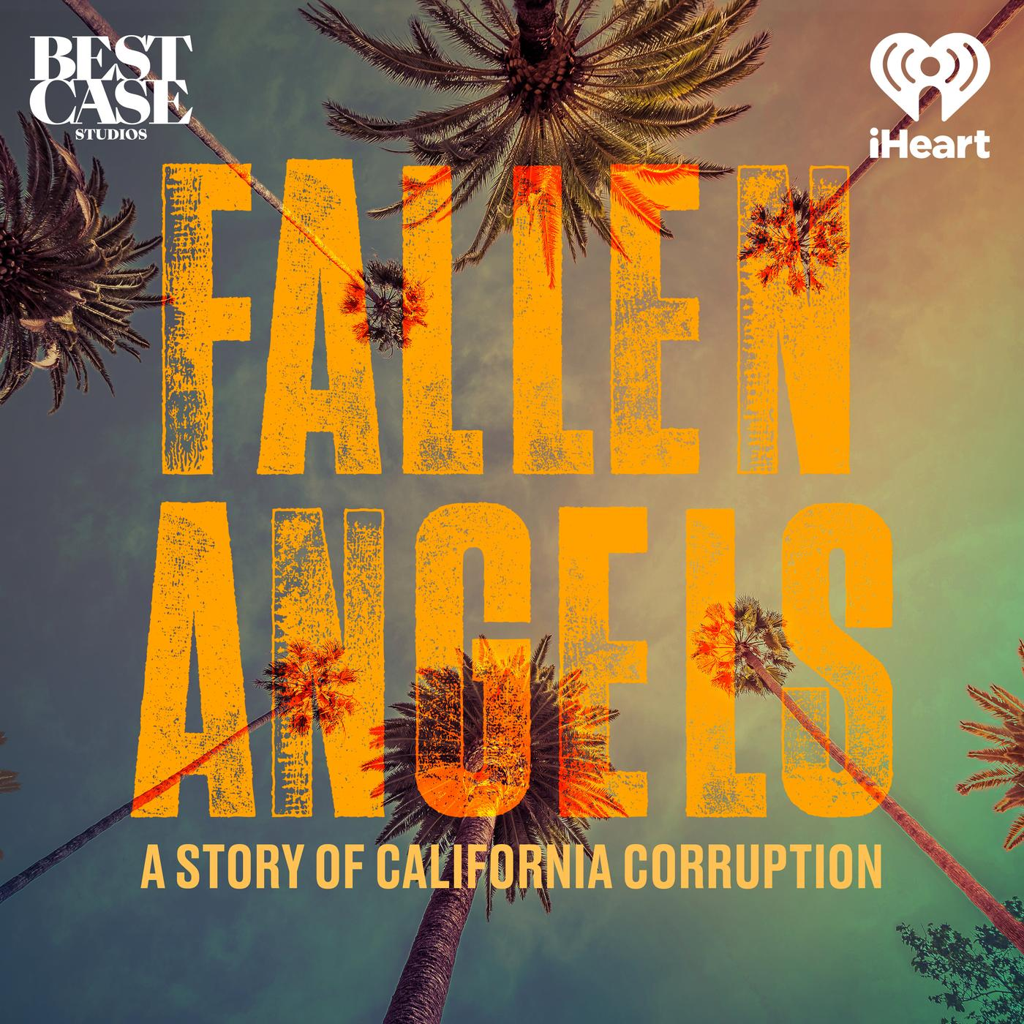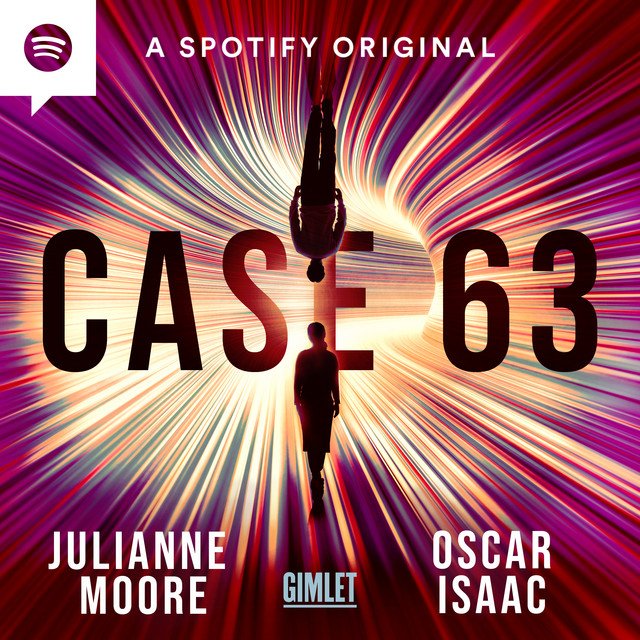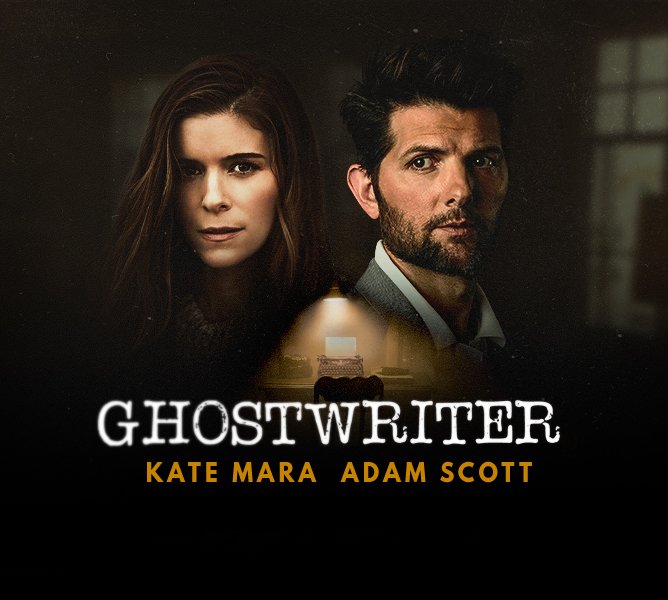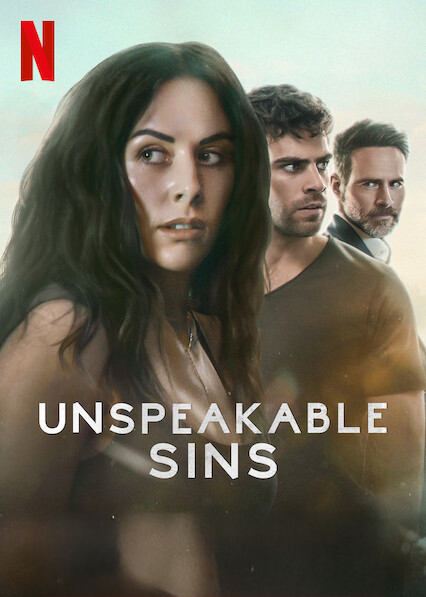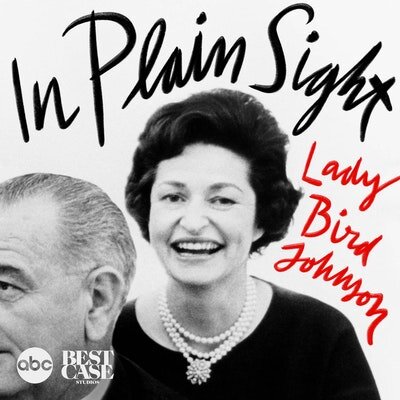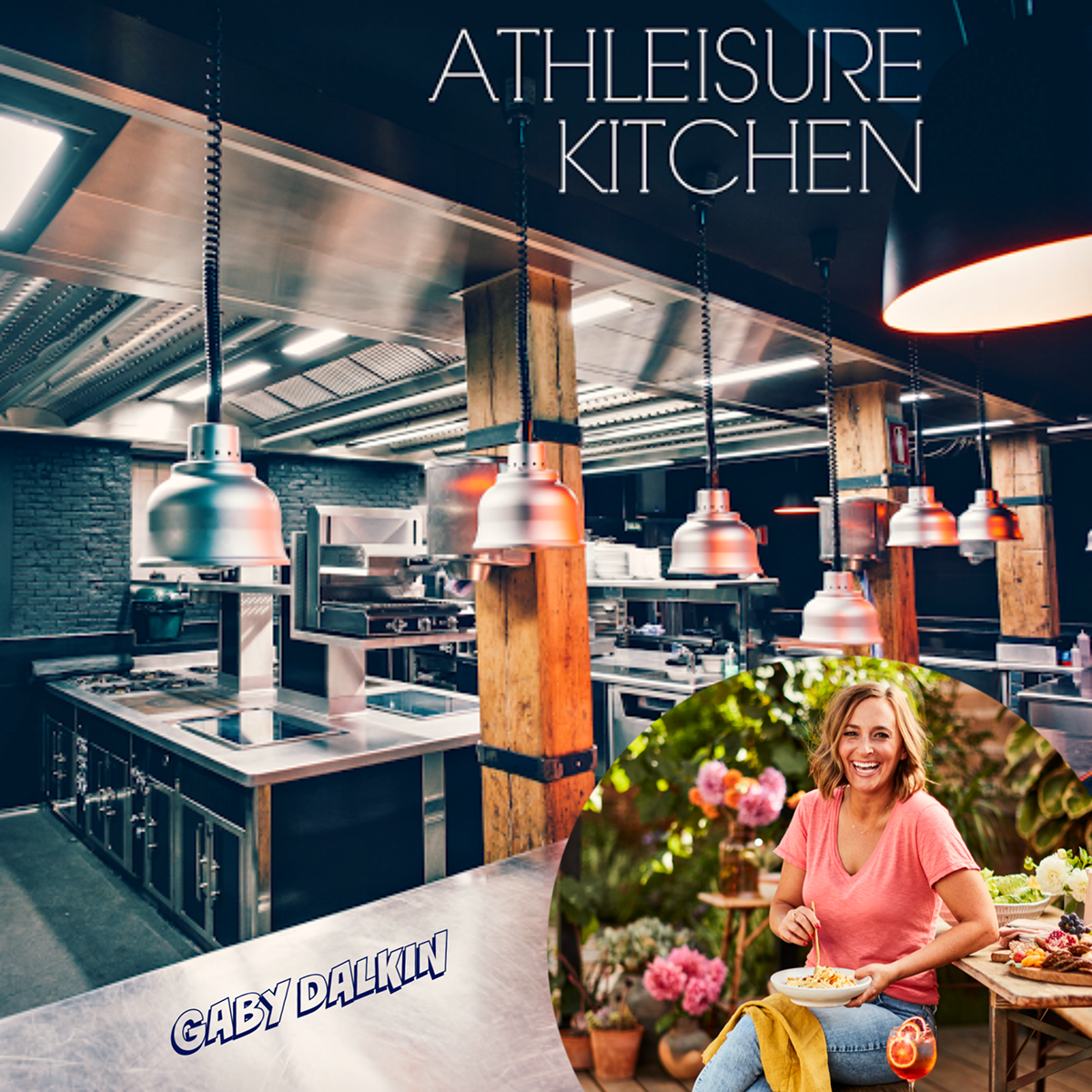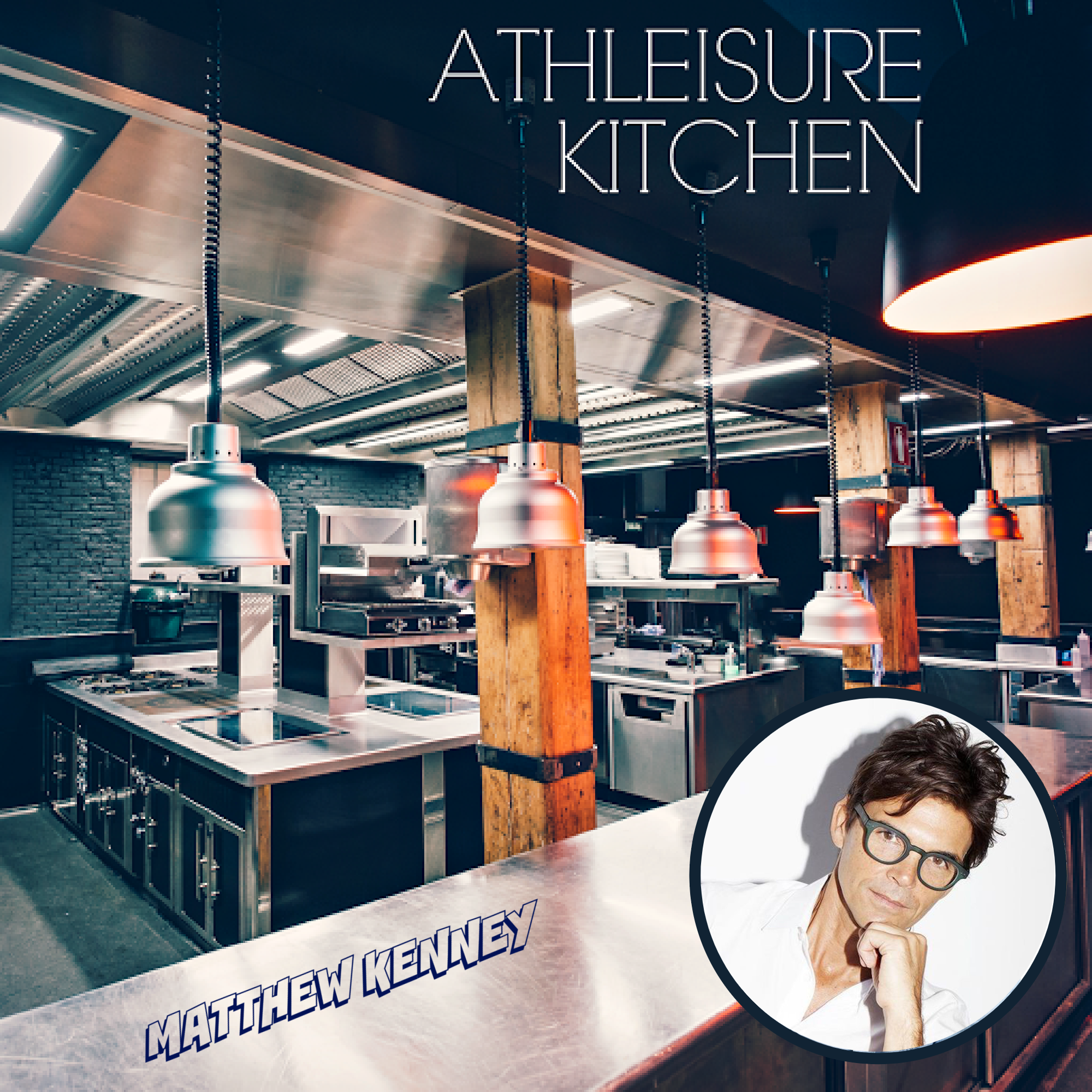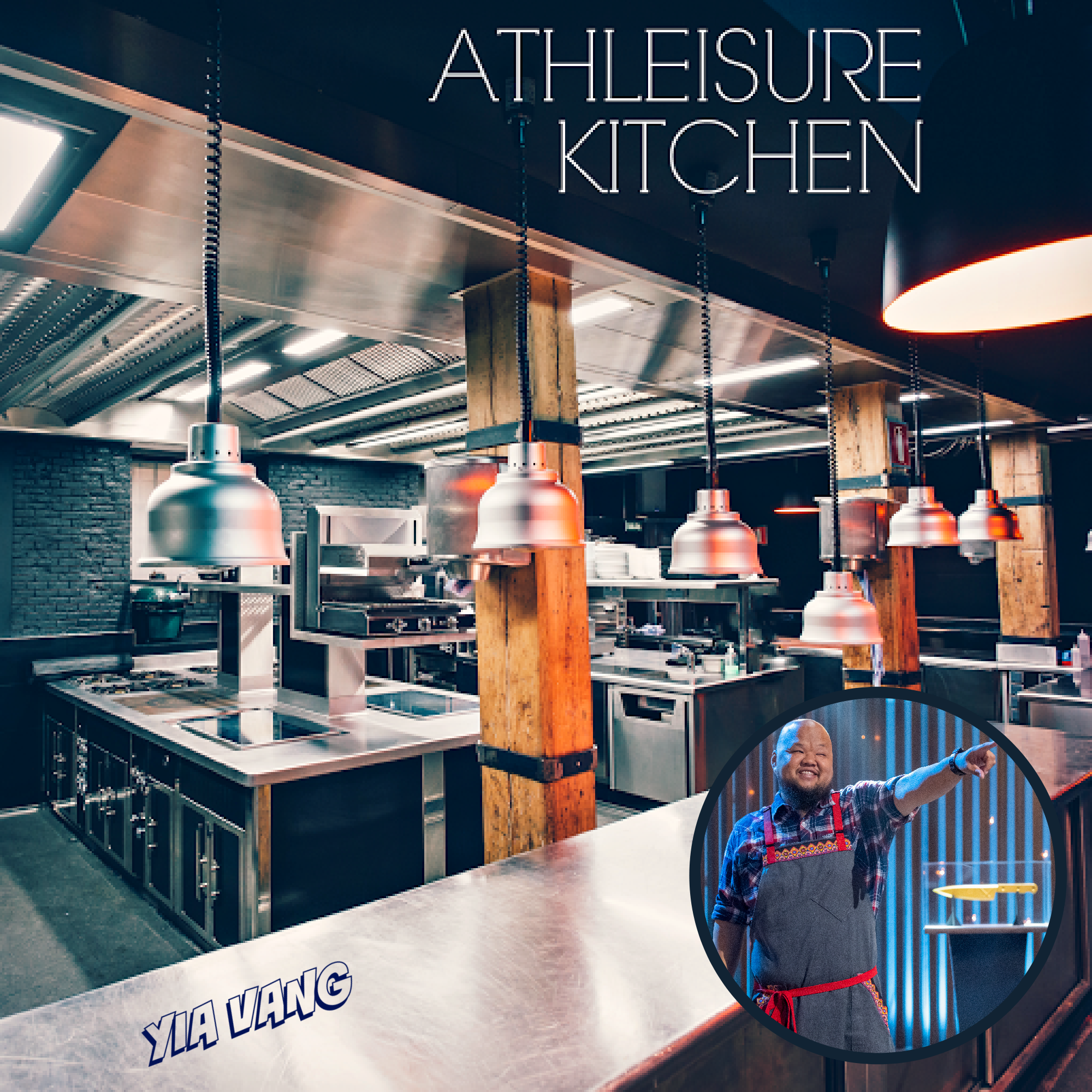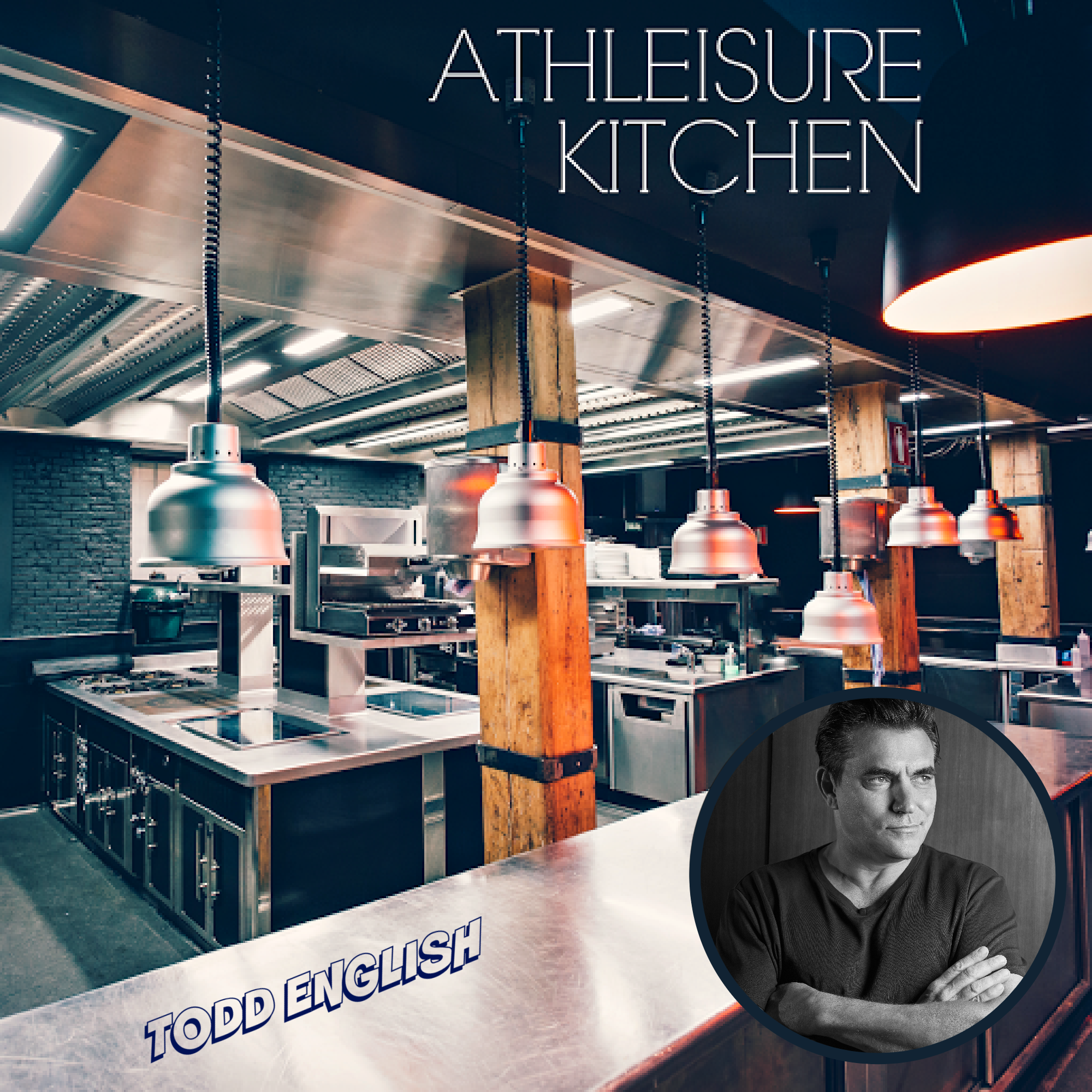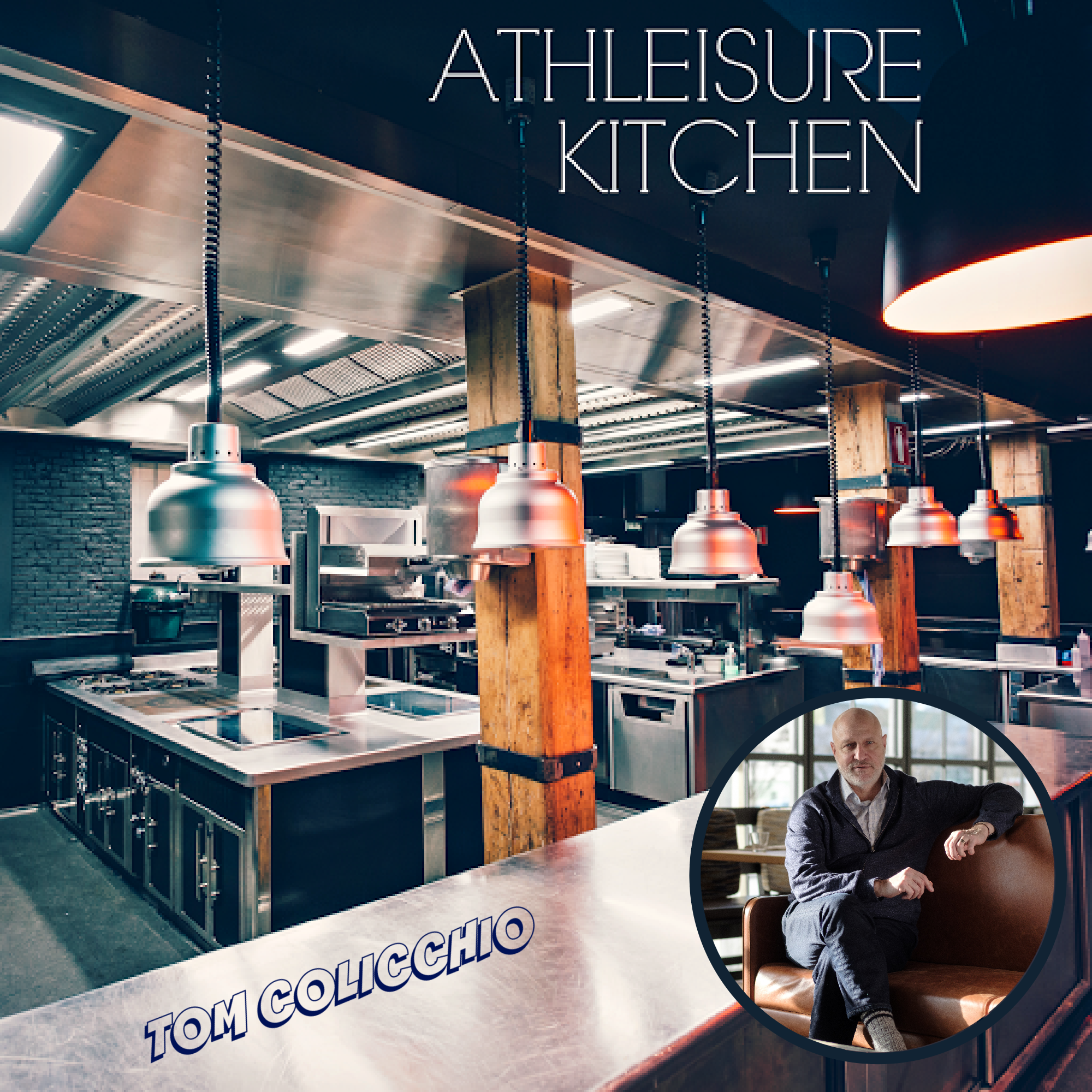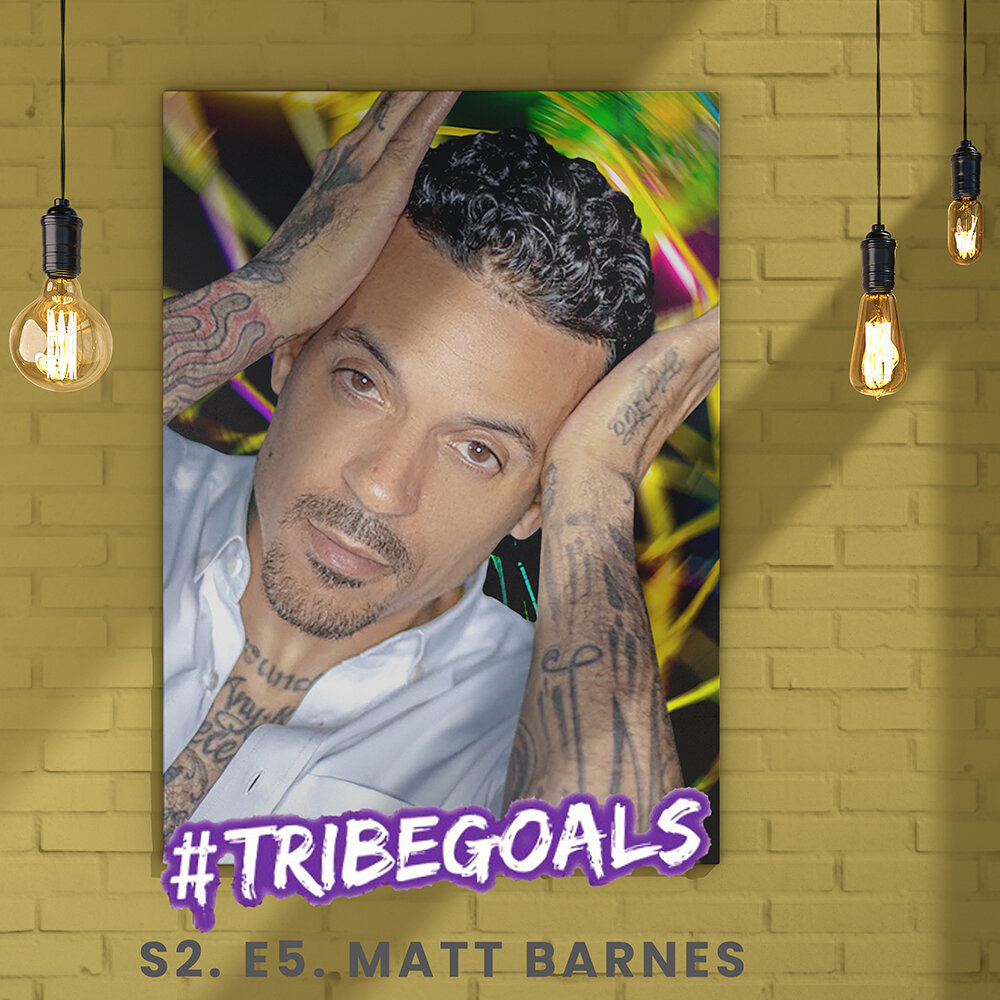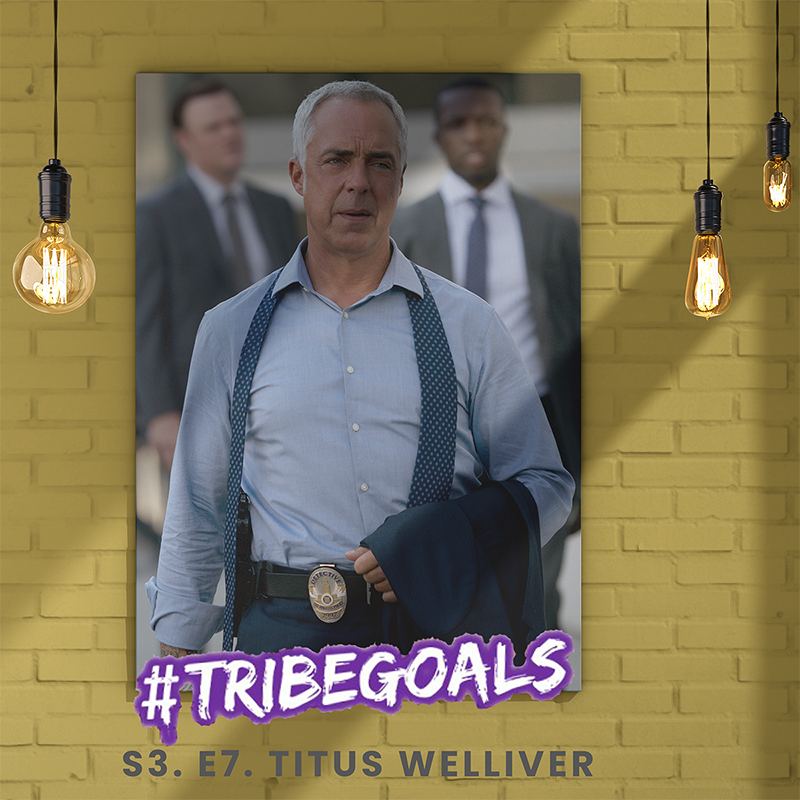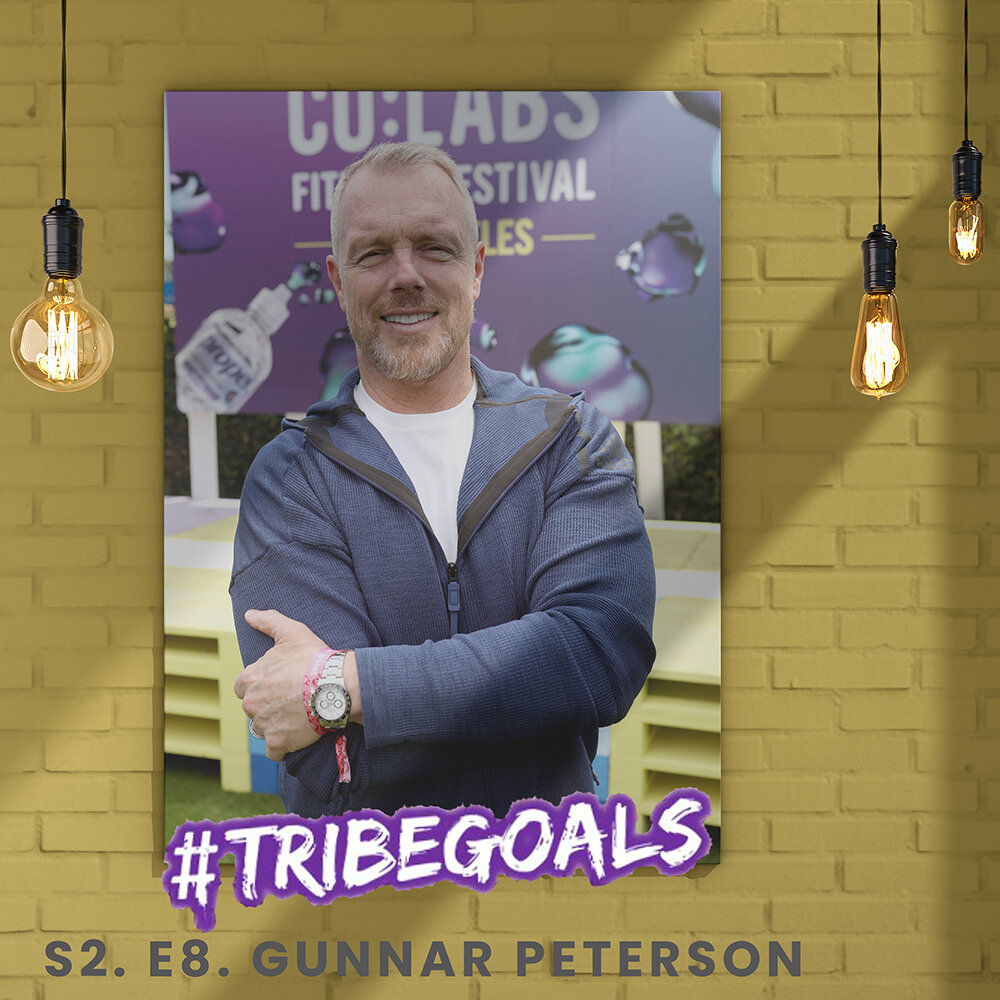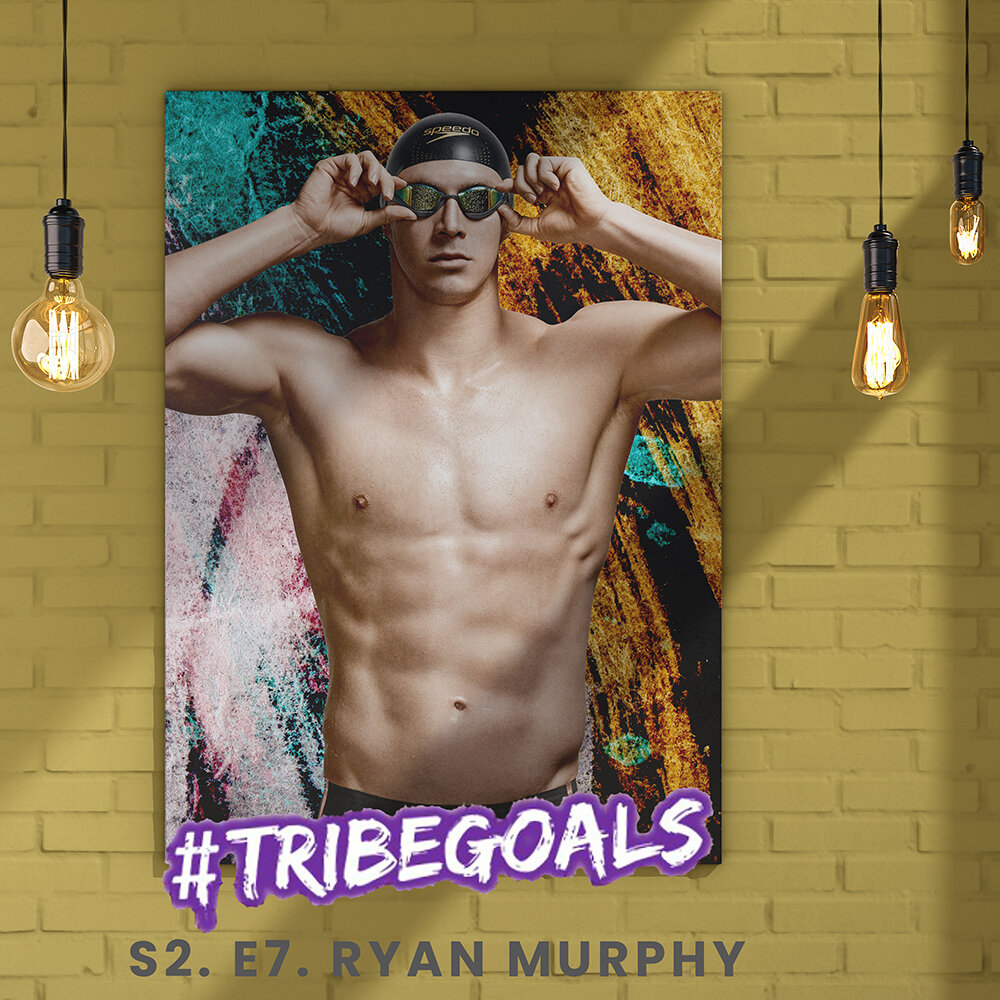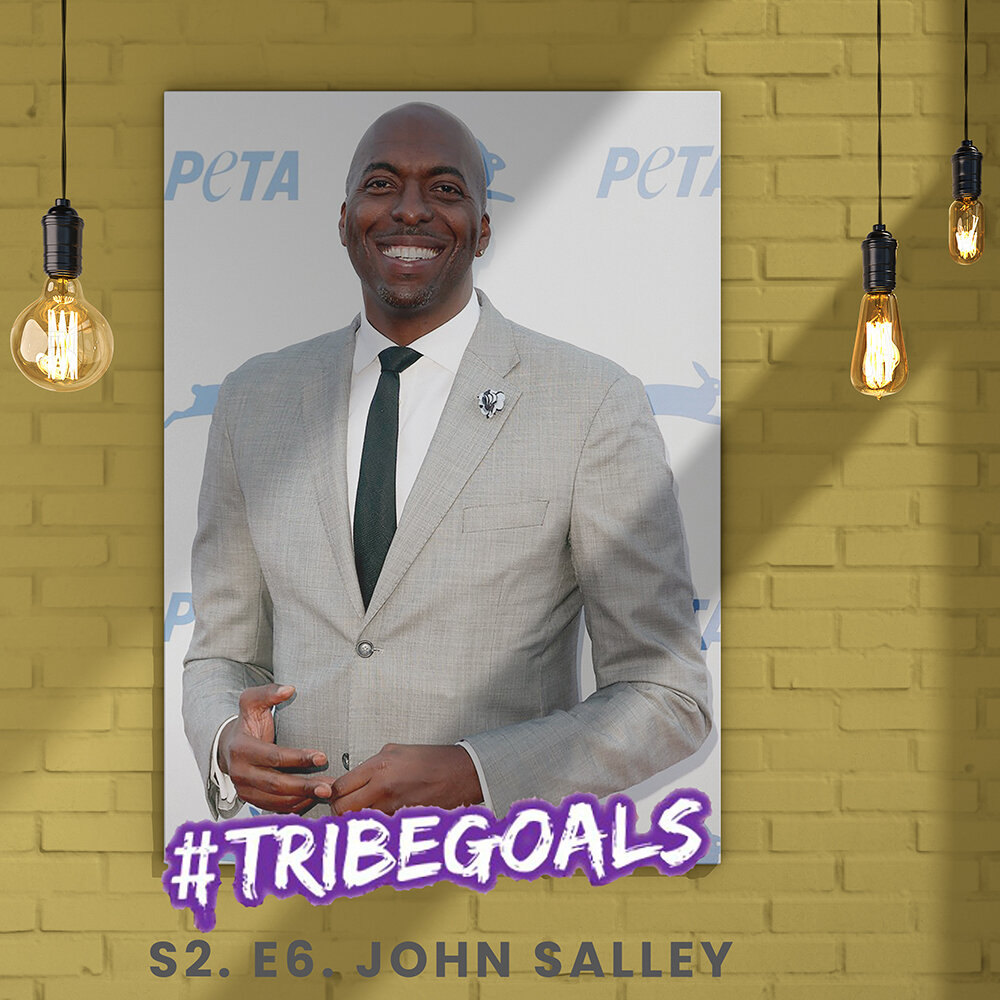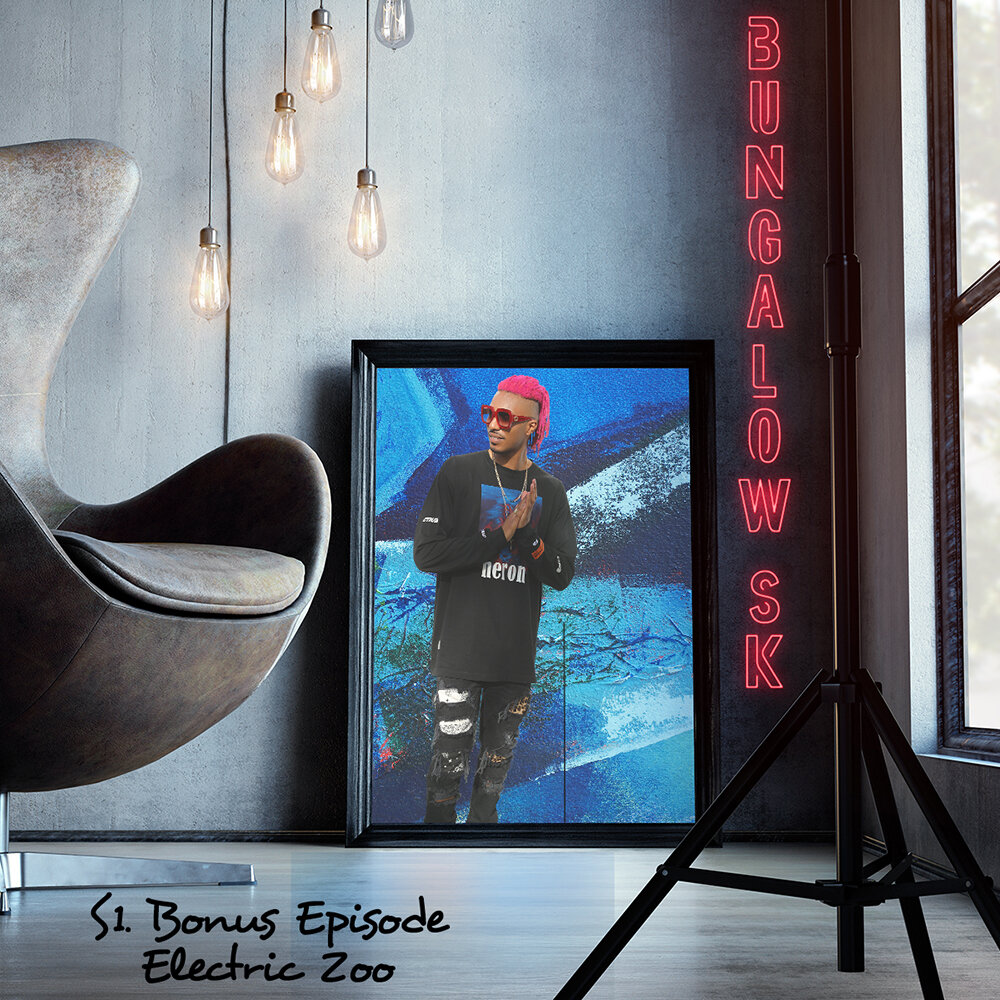When you have a genre of podcast that you enjoy it may be about the subject or the host/investigator. We came to know about Charlie Webster when we listened to Surving El Chapo: The Twins Who Brought Down A Drug Lord. She served as creator, writer, and producer of this show which she developed with Lionsgate Sound and Co-hosted and Co-Executive Produced with 50 Cent Jackson (POWER franchise, Expend4bles, Den of Thieves franchise). For the first time ever, we heard from Chicago identical twins Jay and Peter Flores who worked with and brought down El Chapo.
From there, we continued on with another Lionsgate Sound podcast, Scamanda which followed a woman who pretended that she had cancer. Now she is back with Unicorn Girl an Apple Original! We wanted to know more about the subject, how she came to it, and more!
ATHLEISURE MAG: We became familiar with your work with the podcast Surviving El Chapo and most recently Scamanda which we enjoyed. Before we delve into Unicorn Girl, you spent a number of years as a broadcaster and journalist with sports. How did you get into the industry?
CHARLIE WEBSTER: I feel like from a real young age, I loved storytelling and I was so curious about people, and it has impacted my own life and it provided escapism and I felt so connected to how people got to where they did, and I loved books as well. I read all of the time. You mentioned sports in sports broadcasting and again, this was an escape for me. It gave me so much as a teenager in a very difficult background. So I feel like I went into Sportsbroadcast because I wanted to be an athlete and I didn’t end up being an athlete professionally and so then I thought, if I could tell people’s stories, of the amazing human endurance, the things people go through, their endurance and people’s backgrounds from where people get to where they are. That inspired and influenced me and then I just wanted to make documentaries and I wanted to share people’s stories and to give them a voice. That has been a passion of mine. That has been my journey with journalism and my career – whether it’s sports or you mentioned Surviving El Chapo – it’s all about human connection and our life experiences really and it’s that human experience throughout no matter what topic we are talking about.
AM: What led you to include podcasts in your body of work and what stories are you drawn to?
CW: I started in television, but I did do television and radio. Radio is not so dissimilar to podcasts and I feel that since I have had both visual and audio experience, I combine that because even Scamanda turned into a TV show and even with making Unicorn Girl, there’s elements of visual that I play in so that you can hear it and it paints a picture. So I feel like the fact that I have experience in it all – I have even written a book and Unicorn Girl listens like a Summer thriller read so I feel like I have combined all of my skills into making a podcast. But making podcasts is hard because you can’t rely on a visual thing. You can’t see anything. I love the challenge of being able to put you in that situation and to take you along the journey. I love podcasts as a fan too. I feel like it was a really in teresting way to tell stories. I remember wanting to make a story about domestic abuse and I wanted to I don’t know to create a rethinking about what you hear about it. I thought it would be powerful to do it in audio because of the risk that there may be for people in telling their stories. So that is what built my podcast experience. You can create so much intimacy in podcasts which I absolutely love.
AM: Both Surviving El Chapo and Scamanda are deep explorations into 2 very different kinds of stories and Unicorn Girl seems to be the same. When you decided to do an investigative serialized podcast, where do you start in terms of research and deciding how you will allow the story to unfold?
CW: That’s a really good question because Surviving El Chapo and Scamanda and Unicorn Girl are all very different, but at the end of the day, they have very similar themes about human connection, relationships, purpose, and trying to live our lives really and I think that is something that we can all relate to. They are all different and the starting point was different, but I feel like in Surviving El Chapo, I got very close to and spent a lot of time with the Flores twins and I feel that there could be and definitely is a judgment about them because they were drug traffickers. But they were groomed by a very young age by their drug trafficking father and I think that that is something that I love to get underneath the story.
Then again with Scamanda, the top line is Amanda was a woman who faked cancer and there are so many layers to that story. It is so deep because she didn’t just fake cancer and lie about it, she acted as if she actually had it – did she really believe it herself, was it about seeking attention, was it about addiction because she got a lot of adoration for that.
Then you go to Unicorn Girl and with Candace again, there is a headline that you see if you Google Candace Rivera, and it’s embezzlement but that’s not the story – the story is so much deeper and harder to describe with the journey that she went on. And again, she based it on things in truth so was there good in the bad that she did? It brings up such moral complexities and links because life is not black and white.
So when I first go into a story, that is to me what hooks me. Life is messy, we are complicated people and what drives them to do it and so – I don’t know – a lot of it is connected to myself and my lived experience. I love to tell powerful stories which are empowering and help people. It’s about understanding your own pain and trauma and I feel that is across all three.
AM: You talked a bit about what drew you to Unicorn Girl, for those that may not have heard the trailer, what is this podcast about?
CW: I laugh because it is hard to describe! That is the theme of Unicorn Girl. I think what drew me to it was that there were so many things that I couldn’t believe what Candace was doing! Sometimes there were more questions than answers, but don’t worry there are answers and you will definitely go on a wild journey and for me, the fact that I wondered was this a lie, was it not a lie, was it good or was this bad. The people she surrounded herself by and because of the way that I entered and came into the story, I didn’t investigate Candace retrospectively – she hadn’t gone on the journey that she has and the police and the law weren’t involved. I came in very early and got to know her as a fantastical character that people just loved to be around. She was so overt on what she put out there and when the suspicion came around her and after Scamanda, I was really inspired to tell another story about female friendships and messiness and that was everything that Candace was the epitome of! But I could never imagine what it ended up actually being which you will see by the end of the episode.
AM: What do you want listeners to get out of this podcast?
CW: I hope that firstly, they get an empowering kind of inspiring listen and also just going on a compelling journey that captivates you, that engages you, and I feel that no matter walk of life you have been through or I don’t know your present life, there will be something that you connect to and I feel this story has every emotion on the rainbow possible! I think we will pull you in in different ways depending on your own lived in experience. I hope that by the end of it there will be some justice through what Candace did, the group of people, the journey they went on and how they connected with each other to come together and to stop her and to bring that into your own life. But also understand that being hurt, how you were portrayed by somebody that it will hopefully feel very validating that it’s not your fault and I think that is important. We ask so many questions like how can people fall for this? It’s really important that we don’t simplify it because things aren’t black and white and I think you will see this in Unicorn Girl because there was so much truth and so much credibility in what she did and you’ll learn a lot along the way about manipulative techniques.
AM: What did you learn most after researching and telling this story?
CW: That’s a good question – what did I learn – question everything. For people that know me, I’m a super duper detailed and can be very hyper focused. I spend a lot of time with people and I like to listen to every single detail. For me, I learned that I need to question everything because there were some things where I thought that couldn’t be real and it was real. I think that challenged me and it made me think on whether I was telling the story in the right way and to get every single perspective that I could possibly get to make sure that I was telling this right. Some people have different perspectives that you will hear in the end on whether she did good or bad. I think it affirms that I was really careful of this in Scamanda and here as well – to never judge and it also brought about a personal complication in this story because it affected me – something happened to me along the way when I was making this story that Candace also said had happened to her and that really challenged me emotionally to care for myself and to also care for other people. A lot of things that I do is to hold space for other people that have been through so much and have been abused I suppose and have had so much betrayal and trauma from what other people do and that challenged me as well. I learned a lot – they are my personal learnings and not those of Unicorn Girl. But I think again, in terms of Unicorn Girl, I learned that I don’t know – it’s really hard to spot when people are manipulating and lying so it was really important to really show that nuance because it is not so obvious at all sometimes. I don’t know, sometimes there aren’t red flags and I learned that in this story – maybe they weren’t, maybe they weren’t obvious at the time, probably not.
AM: From research, interviewing, recording, and post-production, how long have you worked on this podcast?
CW: Probably around 2 years!
AM: When you’re not working on the next podcast, how do you take time for yourself?
CW: I tell you what, Unicorn Girl has totally consumed me! I feel like I have just come out from a rock after 2 years! What am I doing? That’s just who I am as well. It’s something that I am aware of because I just give everything. At the same time, I don’t feel that I could bring these stories to light in this way if I didn’t live it and breathe it. I literally did just that for every single second of my day. I didn’t just pop in and do a few interviews. I spent so much time in this community with the people that were impacted by Candace. It took me to many different places, I even flew to Spain to find one person.
What I like to do is running and it’s a huge outlet for me and I take myself up a mountain. I feel like I was a mountain goat in another life, but if gives me the headspace and helps me think about things and process things and work things out. I’m able to give my mind a little break and to not be embroiled into a story and I love dancing as well! I snuck out to Glastonbury Festival in the UK. If I can run and dance, I am the happiest person in the world!
AM: Are there any upcoming projects that you would like to tell us about that we should keep an eye out for?
CW: I think that I have had Unicorn Girl as a secret for ages and I couldn’t tell anybody about it and I am excited to be able to share that with everyone! I feel I was so inspired by the incredible viewers and listeners from Scamanda so now it’s great to share! There are other things in the midst, but I can’t talk about those – but I am desperate to talk about this!
IG @charliewebster
PHOTOGRAPHY CREDITS | PG 122 Laura Ribatallada | PG 125 Apple Original |




